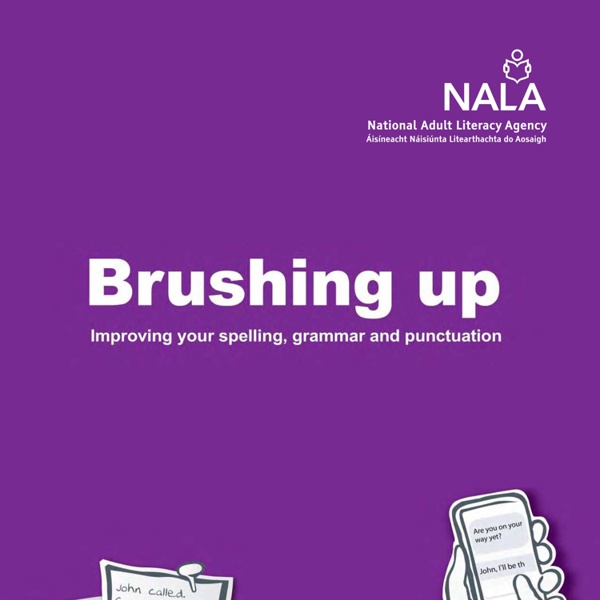



CONJUNCTIONS Conjunctions are words used as joiners. Different kinds of conjunctions join different kinds of grammatical structures. The following are the kinds of conjunctions: for, and, nor, but, or, yet, so Coordinating conjunctions join equals to one another: words to words, phrases to phrases, clauses to clauses. Coordinating conjunctions usually form looser connections than other conjunctions do. Coordinating conjunctions go in between items joined, not at the beginning or end. Punctuation with coordinating conjunctions: When a coordinating conjunction joins two words, phrases, or subordinate clauses, no comma should be placed before the conjunction. A coordinating conjunction joining three or more words, phrases, or subordinate clauses creates a series and requires commas between the elements. A coordinating conjunction joining two independent clauses creates a compound sentenceand requires a comma before the coordinating conjunction These conjunctions join independent clauses together.
English Grammar: I, Me, Myself, and My Why are the smallest words in English so difficult to master? Even native speakers get very confused with the English pronouns I, me, myself, and my! Why do we have so many different words to describe the same person? Each word is a different part of speech and has a different role to play in a sentence. I is a subject pronoun. Use it before the verb. A subject does the action of a verb in a sentence. I run.I spoke to my friend yesterday.I went to the movies last night. When you have a double subject that includes I, always use and I. My mom and I love movies.NOT: I and my mom love Christmas movies. My mom and I or my mom and me? My mom and I love Christmas movies.My mom and me love movies. Me love movies is not a correct English sentence. Me is an object pronoun. An object receives the action of the verb in a sentence. He asked me a question.She gave me her camera.My dad told me to call. Important note: Not all verbs are followed by an object. He suggest me ...She say me …Can you explain me … ?
untitled English Grammar – Your guide to error-free writing Grammar Adjective and Adverbs (Comparative and superlative adjectives and adverbs, frequency adverbs, so and neither, good and well, and no and not) General Grammar Exercises (error correction exercises, and other nonspecific grammar exercises) Nouns (count / noncount nouns, plural nouns, pronunciation of –s / -es, quantifiers, articles, and some other things) Prepositions (prepositions, and more prepositions) Pronouns (subject and object pronouns, reflexive pronouns, relative pronouns, indefinite pronouns, and possessive pronouns) Verb Tenses (verb tenses) Verbs (gerunds and infinitives, passives, tag questions, and other fun stuff)